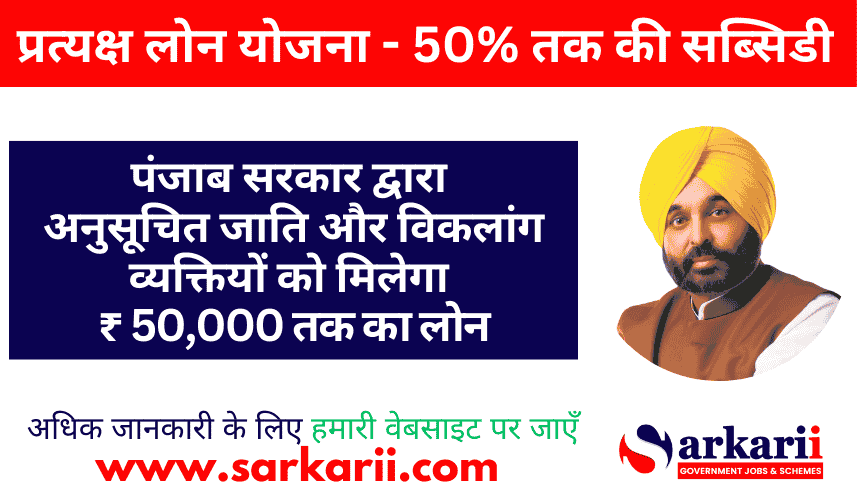
AYUSH Workforce: India’s traditional systems of medicine—Ayurveda, Yoga, Unani, Siddha, and Homeopathy (AYUSH)—have long been recognized for their holistic approach to health and wellness. Rooted in ancient practices, these systems emphasize balance among the mind, body, and spirit, offering preventive and curative healthcare solutions. As the global community increasingly shifts toward natural and integrative healthcare models, India is leading the way by revitalizing and modernizing the AYUSH ecosystem.
The Ministry of AYUSH has launched numerous initiatives aimed at enhancing education, skill development, innovation, and entrepreneurship in the sector. These efforts not only safeguard India’s ancient medical traditions but also contribute to economic growth, job creation, and enhanced healthcare delivery.
A thriving AYUSH ecosystem requires a well-trained and highly skilled workforce. The Ministry of AYUSH, in collaboration with the Healthcare Sector Skill Council (HSSC), has focused on skilling, reskilling, and upskilling AYUSH professionals. This structured approach ensures global competence and meets both domestic and international healthcare demands.
To date, 19 AYUSH qualifications and micro-credentials have been registered under the National Skill Qualification Framework (NSQF). These enable individuals to pursue specialized careers, such as:
|
|---|
Since 2021, over 30,000 individuals have been certified in these roles, contributing to a stronger, more capable AYUSH workforce. This structured approach ensures adherence to the highest standards of competence, supporting both domestic and international healthcare demands.
Innovation and research play pivotal roles in elevating AYUSH to new heights globally. The Ministry of AYUSH has pioneered initiatives to foster scientific inquiry and innovation within traditional medicine systems.
The AYUSH PhD Fellowship Program was introduced in 2016 under the Central Council for Research in Ayurvedic Sciences (CCRAS). The program encourages scholars to conduct quality research in AYUSH systems. Key features include:
Launched in 2022, the Studentship Program for AYUSH Research Knowledge (SPARK) encourages innovation among undergraduate AYUSH students. Features include:
To bridge the gap between traditional and modern medicine, AYUSH initiatives are being integrated into healthcare education:
Staying updated on AYUSH developments is crucial for competitive exams. Here are some tips to efficiently revise current affairs:
India’s AYUSH ecosystem is a testament to the country’s rich heritage and its commitment to modern healthcare innovation. By skilling the workforce, fostering research, and integrating traditional practices with modern systems, the Ministry of AYUSH is paving the way for a healthier, more sustainable future. Aspirants preparing for government exams should stay informed about these developments, as they represent a significant aspect of India’s policy and healthcare landscape.